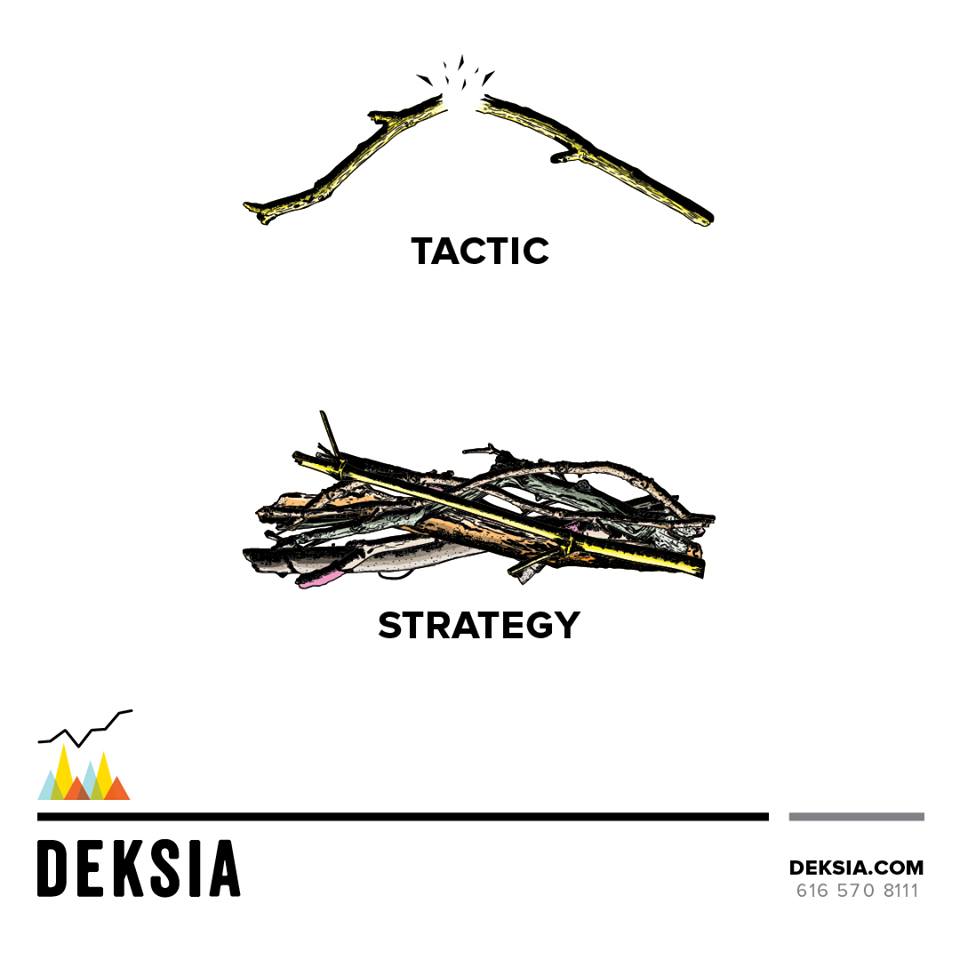Film production companies are the backbone of the movie industry, responsible for bringing stories to life on the big screen. But beyond the artistry, these companies also excel in marketing strategies to ensure their films reach the right audience and generate revenue. Top production house in Thailand and around the world have developed innovative and diverse marketing strategies to maximize a film’s success. These strategies create buzz around a movie, maintain brand loyalty, build anticipation, and drive box office performance. This article explores the marketing tactics leading film production companies employ to captivate global audiences.
Comprehensive Trailers and Teasers
 One of the most traditional yet highly effective marketing strategies top film production companies use is the release of trailers and teasers. A well-crafted trailer offers a glimpse of the storyline, introduces the main characters, and showcases key visuals designed to generate excitement. Studios often release multiple trailers—starting with a teaser that offers just a hint of the film and then full-length trailers that reveal more details. The timing of these releases is strategic, with teasers often launching months in advance to build early anticipation, followed by trailers that arrive closer to the film’s release date.
One of the most traditional yet highly effective marketing strategies top film production companies use is the release of trailers and teasers. A well-crafted trailer offers a glimpse of the storyline, introduces the main characters, and showcases key visuals designed to generate excitement. Studios often release multiple trailers—starting with a teaser that offers just a hint of the film and then full-length trailers that reveal more details. The timing of these releases is strategic, with teasers often launching months in advance to build early anticipation, followed by trailers that arrive closer to the film’s release date.
Social Media Campaigns and Viral Marketing
Social media marketing is key to successful film promotion in today’s digital world. Top film production companies leverage platforms like Twitter, Instagram, YouTube, and Facebook to engage with fans, share exclusive content, and foster discussions around their films. They often run interactive campaigns, encouraging user-generated content, contests, and hashtag trends that go viral. These campaigns generate buzz, allowing fans to feel connected to the project and spread the word organically. By engaging directly with fans and creating shareable content, film production companies can build hype well before the film’s release.
Strategic Partnerships and Merchandising
Another crucial strategy top production companies use is forming strategic partnerships and launching merchandising campaigns. Collaborating with popular brands allows films to tap into fresh audiences and generate additional revenue streams. For example, blockbuster films often partner with fast-food chains, toy manufacturers, and clothing brands to create movie-themed products. It not only promotes the film but also enhances audience immersion in the film’s universe through merchandise.

Influencer and Celebrity Endorsements
By collaborating with influencers or celebrities, studios can reach targeted demographics more effectively. These influencers often share behind-the-scenes content, exclusive interviews, and promotional materials with their followers, creating a sense of urgency to see the film.
Celebrity endorsements can also extend beyond the actors involved in the film. For instance, renowned directors or musicians contributing to a film’s soundtrack can also be used to promote the movie. This adds layers to the marketing strategy, ensuring that various aspects of the film appeal to different audience segments.
Pre-release Screenings and Festivals
Another powerful marketing tool is the use of pre-release screenings and film festivals. Exclusive early screenings for influencers, press, and key audiences can generate significant word-of-mouth promotion. If the film receives positive feedback from these early viewers, it can create momentum ahead of the official release. Similarly, showcasing films at prestigious film festivals builds credibility and generates early critical acclaim, significantly influencing a film’s commercial success.

Conclusion
Top film production companies use a combination of traditional and digital marketing strategies to promote their films. By effectively utilizing trailers, social media campaigns, partnerships, influencer endorsements, and pre-release screenings, they ensure their films reach the widest audience possible. These strategies are crafted to generate excitement, create viral buzz, and ultimately drive ticket sales.



